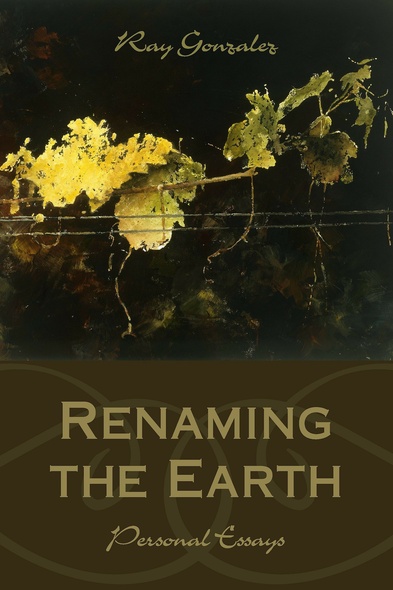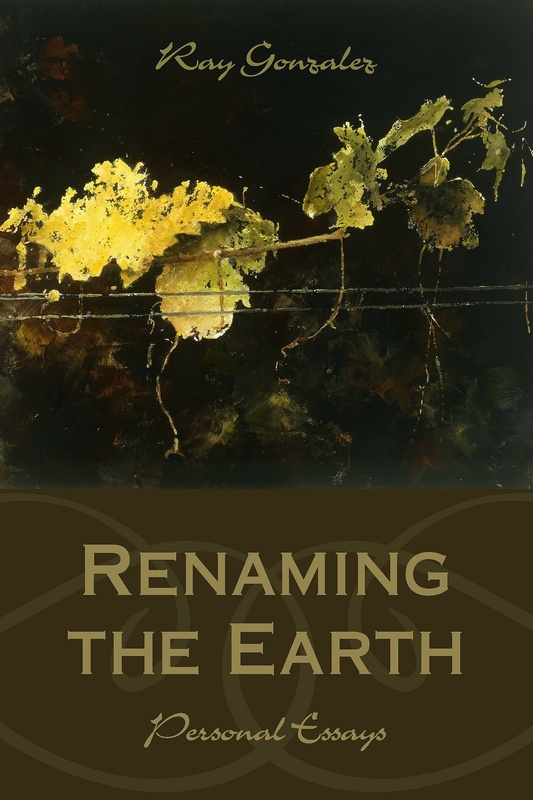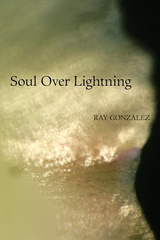In his distinctive and spirited way, Ray Gonzalez, the well-known essayist, poet, fiction writer, and anthologist, reflects on the American Southwest—where he was raised and to which he still feels attached (even though he has lived much of his life elsewhere). It is a place that tugs at him, from its arid desert landscapes to its polyglot cities—part Mexican, part Anglo, part something in-between—always in the process of redefining themselves.
Nowhere does the process of redefinition hit Gonzalez quite as hard as in his native city of El Paso, Texas. There he finds the “segregated little town of my childhood” transformed into “a metropolis of fast Latino zip codes . . . a world where the cell phone, the quick beer, the rented apartment, and the low-paying job say you can be young and happy on the border.” Readers will wonder, along with the author, whether life along the “new border” is worth “the extermination of the old boundaries.”
But there is another side of the Southwest for this “son of the desert”—the world of dusty canyons, ponderosa pines, ocotillo, and mesquite. Here, he writes, “there is a shadow, and it is called ancient home—structures erased from their seed to grow elsewhere, vultured strings searching for a frame that stands atop history and renames the ground.”
Rooted in the desert sand and in the banks of the Rio Grande, the muddy river that forms the border between nations, these essays are by turns lyrical, mournful, warm to the ways of the land, and lukewarm to the ways of man.
Nowhere does the process of redefinition hit Gonzalez quite as hard as in his native city of El Paso, Texas. There he finds the “segregated little town of my childhood” transformed into “a metropolis of fast Latino zip codes . . . a world where the cell phone, the quick beer, the rented apartment, and the low-paying job say you can be young and happy on the border.” Readers will wonder, along with the author, whether life along the “new border” is worth “the extermination of the old boundaries.”
But there is another side of the Southwest for this “son of the desert”—the world of dusty canyons, ponderosa pines, ocotillo, and mesquite. Here, he writes, “there is a shadow, and it is called ancient home—structures erased from their seed to grow elsewhere, vultured strings searching for a frame that stands atop history and renames the ground.”
Rooted in the desert sand and in the banks of the Rio Grande, the muddy river that forms the border between nations, these essays are by turns lyrical, mournful, warm to the ways of the land, and lukewarm to the ways of man.
Ray Gonzalez is a professor of literature at the University of Minnesota, he is the author of 14 books and has also edited more than a dozen anthologies of poetry and fiction and is the recipient of the Carr P. Collins/Texas Institute of Letters Award, the PEN/Oakland Josephine Miles Book Award, the Western Heritage Award, the Latino Heritage Award, and the Minnesota Book Award.
A Different Border
How to Treat People Who Have Harmed You
PART TWO
The Arches
PART THREE
The Ladybugs
We Forget Who We Are
Get on the Poetry Bus
PART FOUR
A Break with the Past
Renaming the Earth
Acknowledgments






